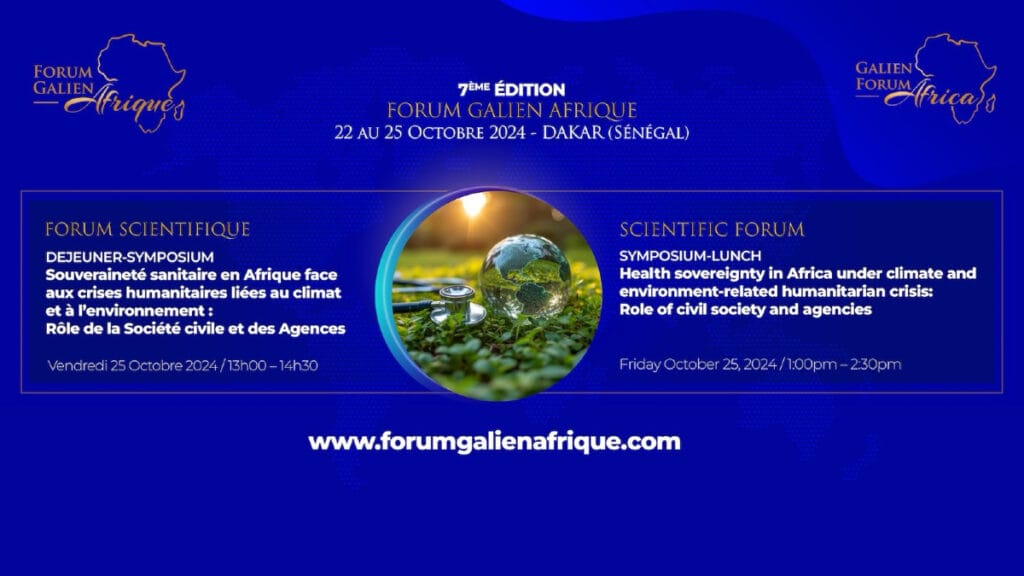Khadijah Aliyu -Nigeria
I am delighted to be among you to proceed with the closing of the seventh edition of the Galien Africa Forum and the associated Prize ceremony.
Through my presence here, I wanted to reiterate my personal commitment to health and its place in my government’s action.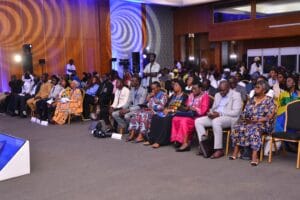
I commend your mobilization, which proves that science must continue to play a primary role in the fight against diseases and in favor of global health security. This is a common fight that we must all wage.
The resurgence of epidemics and pandemics reminds us of our shared vulnerability and the need to permanently include public health issues in the international agenda.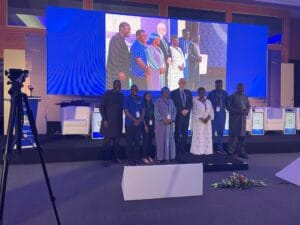
It Is crucial to invest in research and innovation, as you do at Galien, to face present and future challenges in an Increasingly difficult climate environment, hence the relevance of this edition’s theme: health and community actions in the face of climate and environmental crises.
It is undeniable that the perils linked to global warming affect our countries and, worse, they have even worsened in several sub-regions of the continent.
The climate emergency is everywhere in Africa: drought, desertification, flooding, land degradation, coastal erosion, and biodiversity impoverishment.
The latest IPCC report confirms that sub-Saharan African countries remain among the most impacted by climate change while contributing less than 4% to greenhouse gas emissions.
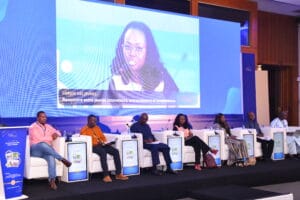
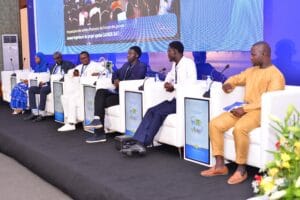
According to the World Health Organization, climate change could cause approximately 250,000 additional deaths each year between 2030 and 2050.
The main causes could be malnutrition, the resurgence of certain diseases such as malaria, diarrhea, heat stress, and epidemics, as well as the increase in non-communicable diseases such as diabetes, cardiovascular diseases, cancers, and mental illnesses.
The effects of climate change therefore directly affect the health and livelihoods of populations.
This year, several African countries have been severely affected by natural disasters and climate disruption effects, causing casualties and numerous material damages as well as increased health risks.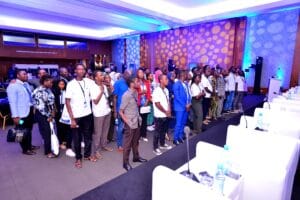
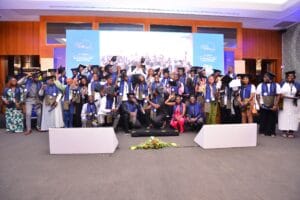
Floods compromise children’s education, chances of good agricultural campaigns, and harvests. This reinforces family vulnerability and jeopardizes food security.
Senegal has not escaped this calamity. Since 2020, climate disruption has led to flooding in several localities of the country. I recently went to the east of the country to express my solidarity and bring comfort to populations affected by the exceptional crises of the Senegal River.
To respond to these challenges, I have instructed my government to deploy all available means to relieve the affected populations: food support, health action, population relocation, hydraulic pump provision.
We have done everything to evacuate water; teams from the ministries of health and public safety, interior, social action, family, and solidarity are organizing a multisectoral response.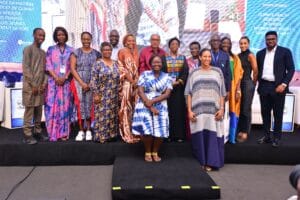
Ladies and gentlemen, for health for all, we imperatively need actions from all.
This requires mastering several determinants: awareness and prevention, which are guarantees to reduce the mobility burden, the construction of quality infrastructure and their equipment, the promotion of research and innovation, appropriate human capital, and access to quality healthcare for all.
This is the objective of Senegal’s national transformation agenda for 2050, whose axis 3 emphasizes strengthening human capital and social equity.
Our ambition in the next 25 years is to correct historical imbalances that have particularly affected women, young people, and rural populations in terms of health.
Our policy will emphasize promoting prevention, strengthening healthcare provision, and guaranteeing equitable access to modern services at both urban and rural levels.
To ensure no one is left behind, the national health insurance system will also be strengthened to guarantee better social protection and reduce inequalities.
Your work this year, bringing together researchers, practitioners, youth, and women, has been a true laboratory of ideas.
I commend your reflections on the catalytic role played by leadership, artificial intelligence, and innovation in strengthening our health systems and making them more resilient to environmental crises.
The recommendations from your exchanges are promising. They will certainly enrich the work begun by national and continental multi-sectoral research actors.
This is the purpose of the Galien forum and its prize: to stimulate scientific research and technological applications in medical and pharmaceutical fields in Africa.
This year, you have two laureates in the biotechnology and digital innovation sectors; I extend my warm congratulations to the winners.
You are among the pioneers of this ongoing African technological revolution for health sovereignty. I also commend the work of jury members whose competencies and mastery are recognized by their peers.
However, I note that no Prize was awarded this year for pharmaceutical discoveries and traditional medicine. I therefore invite the research community to invest more in these areas, which constitute strategic axes for strengthening our health systems.
One of the major challenges for Africa is to produce vaccines, medicines, and diagnostics. This is a strong political will, and we must give ourselves the means to achieve it.
Senegal has committed to this as a pioneer with the Pasteur Institute of Dakar; the ongoing development of the Madiba project aimed at mastering the entire value chain in vaccine production constitutes an essential milestone towards our continent’s health self-sufficiency.
It embodies the vision of an Africa taking charge of its destiny and positioning itself as a leader to respond to its population’s needs.
I thank all Senegal’s technical and financial partners in implementing the country’s health policy. Thank you to the initiators of the forum and the Galien Africa prize for choosing Senegal to host this important meeting.
I congratulate Professor Awa Marie Coll Seck, president of the forum’s scientific organizing committee and prize, as well as all committee members for the success of this event, now inscribed in the international agenda of health meetings.
I salute the decisive contribution of forum partners and call on them to continue their support to sustain this stimulating pool of research and innovation in medical and pharmaceutical fields.
Together, let us continue to build a strong Africa, a more resilient Africa, and a more innovative Africa in the face of challenges.
With these words, I declare closed the seventh edition of the Galien Africa Forum and thank you for your kind attention.


